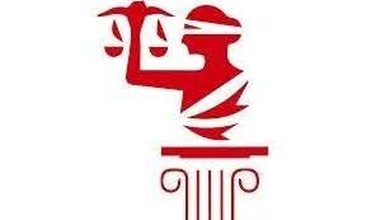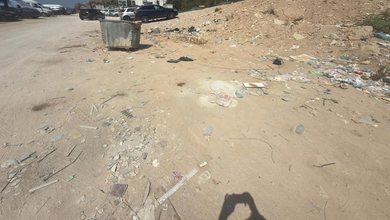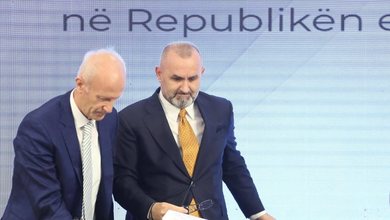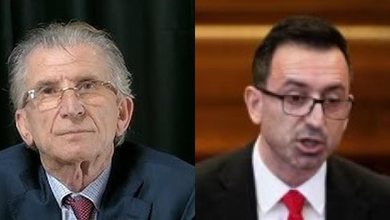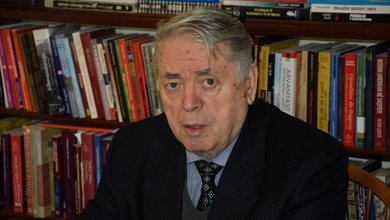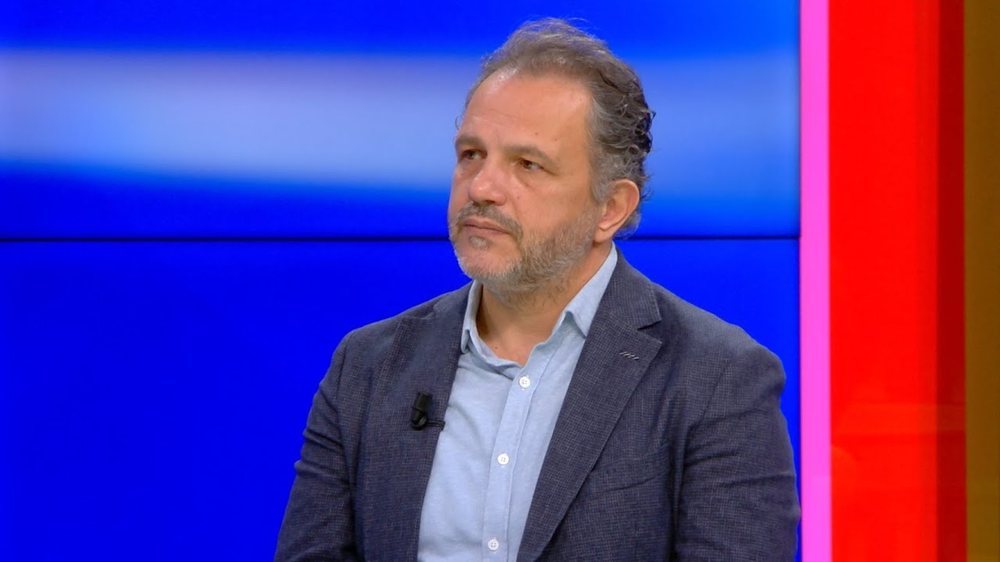
By Neli Demi
When Edi Rama talks about European integration, he is not just talking about a political and bureaucratic process. He speaks as the man who has taken on the task of embodying Europe itself, but not always as a horizon, often as a counter-figure. At the beginning of his government, the rhetoric was simple: the EU was the model, the guide, the only window to the future. Albania had to transform itself to fit into the “great European house”.
Today, his language has changed. Rama no longer dwells on the cultural peculiarities of European integration or bureaucracy. He uses a different tone: as if Albania has already embraced the essence of the EU, while the European Union remains the delayer, the obstacle, the “way out” that does not open. In this shift, integration becomes more of a domestic scene than an international process.
This strategy is not accidental. It is related to the role that Rama has given himself in these 12 years: the role of the appropriator of everything. He is not only the prime minister; he is also the main commentator on national football, the curator of public art, the architect of cities, the critic of the media, the interpreter of culture, even the arbiter of beauty and ugliness. Rama has built a system where he is not simply at the head of the government, but also at the head of the narrative that explains this country.
In this sense, European integration is no longer an institutional process with many actors such as civil society, the opposition, administrations of different levels, the media, but a project that originates and ends with Rama. He is its interpreter, defender and, at the same time, its critic. Instead of articulating an open vision for Albanian society, he speaks directly to an internal public that increasingly harbors skepticism towards the EU. Thus, Rama positions himself as the man who “has already brought us into Europe” with reform, with art, with urbanization, while external Europe delays and disappoints.
This appropriation of integration serves as a double mechanism: first, it allows Rama to maintain sympathy with the Eurosceptic public that is growing due to fatigue from waiting; second, it makes him irreplaceable within the political scene, because in a country where everything is channeled through him, there is no space left for a real opposition. The internal opposition, civil society, critical intellectuals no longer have an autonomous say: Rama has absorbed them as a “theme” to demonstrate his ability to interpret and often redirect them.
In this way, Rama is no longer simply the prime minister leading Albania towards the EU. He is the very representative of Albania as a political, cultural and aesthetic subject. And in this logic, every statement he makes about Europe is not just diplomacy but is essentially an act of power within, a way of reconfirming that Albania speaks with only one voice: his own.



